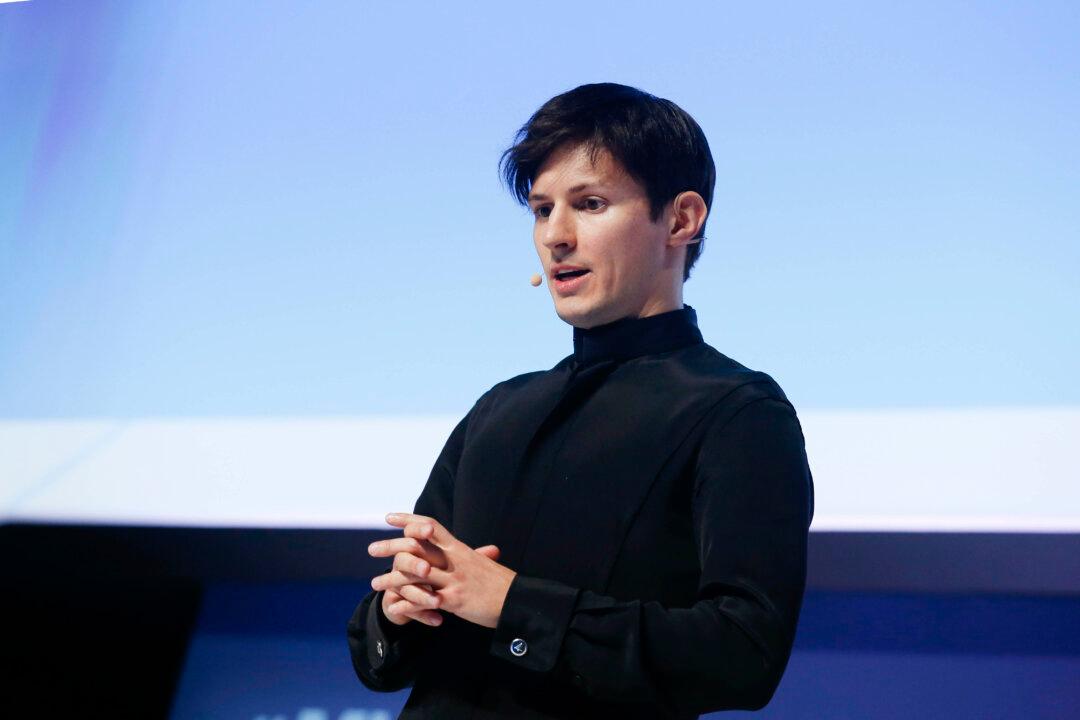French defense lawyers are criticizing the legal argument for prosecuting Telegram CEO Pavel Durov after he was arrested and then released on 5 million euros ($5.5 million) bail and forbidden from leaving France.
Maud Marian, a Paris-based defense lawyer, said the Durov case is the latest example of French prosecutors seeking to curb freedom of speech and target encrypted networks.





